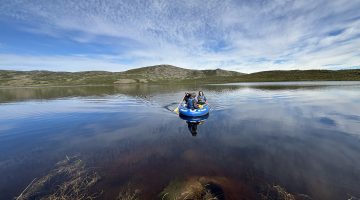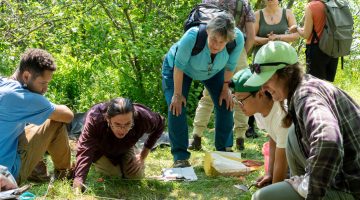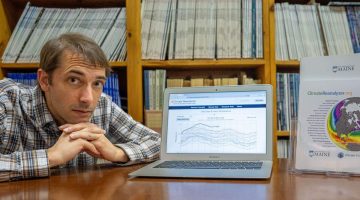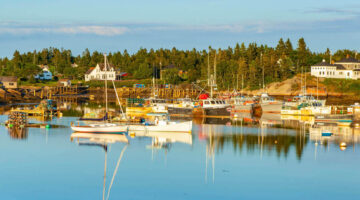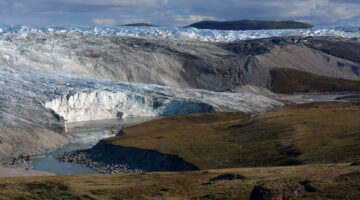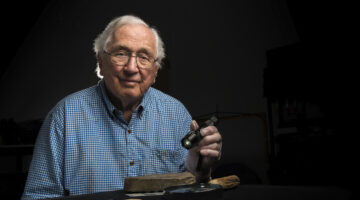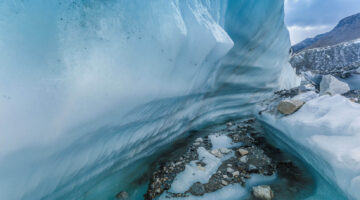Eos features Saros on changes in Greenland lakes
Eos featured University of Maine Climate Change Institute Associate Director Jasmine Saros to discuss a recent study she led which found that after two months of record heat and precipitation in fall 2022, an estimated 7,500 lakes in Greenland turned brown, began emitting carbon and decreased in water quality “You can actually see more heat […]
Read more

